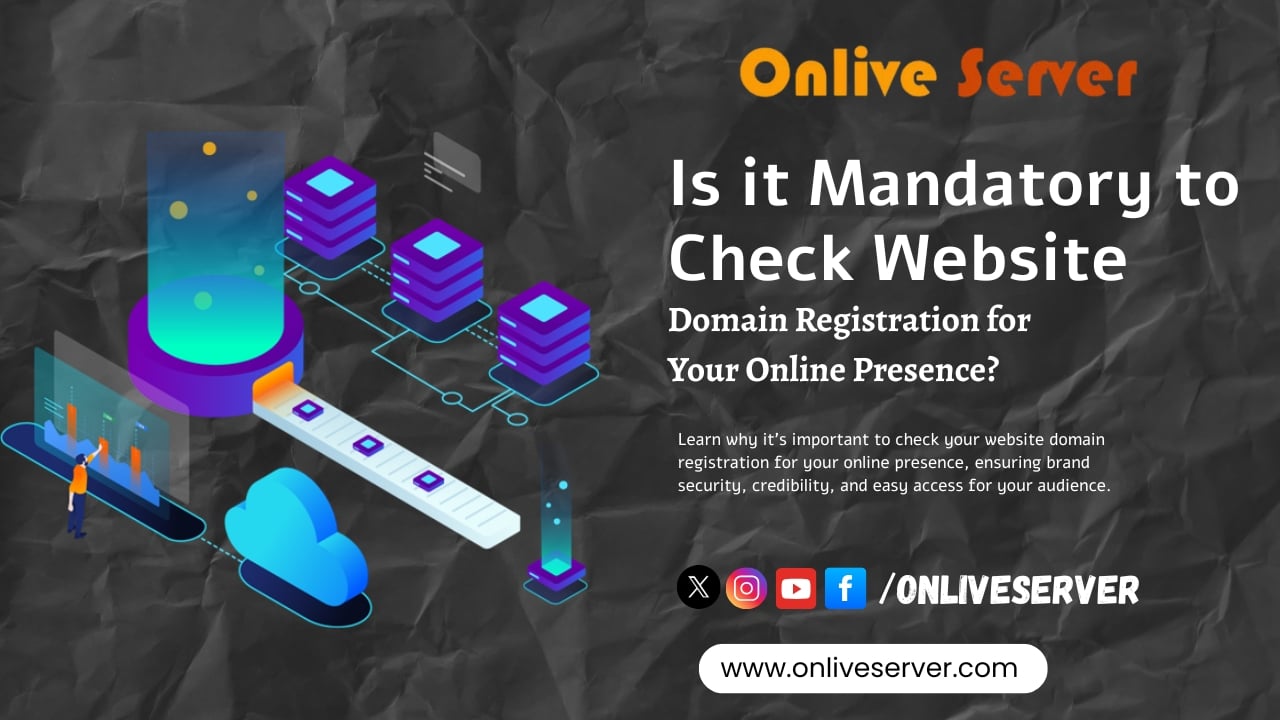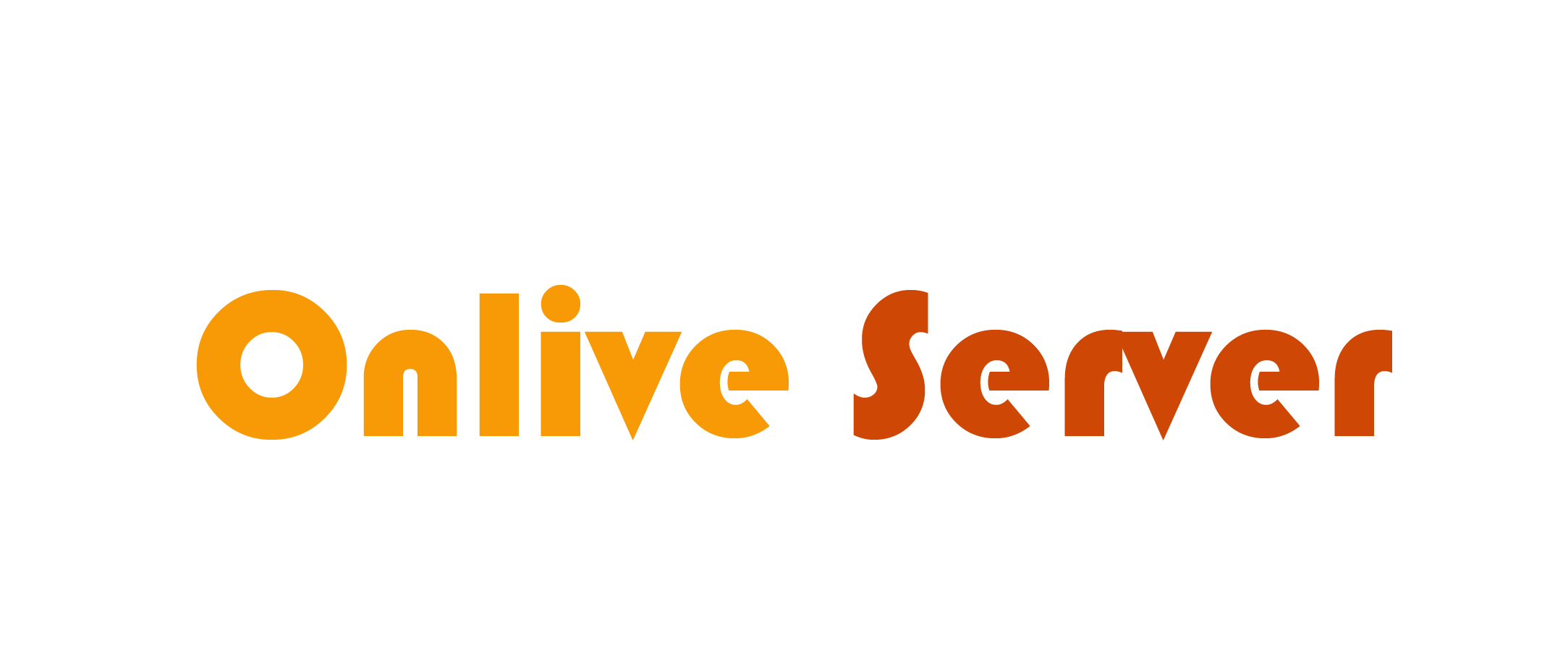
In the digital space, your domain name is your brand’s first impression. It’s the link users click, the name they type, and often the first thing they see about your business. Like a store sign on a busy street, your website’s name should be professional, clear, and memorable. A well-chosen domain builds credibility. It tells visitors you’re serious, reliable, and worthy of their attention. On the other hand, a messy or complicated domain may lead users to click away or forget your site altogether. That’s why verifying and registering your domain name properly from the start is innovative and essential. Website Domain Registration is more than a formality—it’s the foundation of your brand’s online identity. Choosing the right name and securing it early helps you stand out in a crowded digital world.
Table of Contents
- Key Takeaways
- Checking Before You Commit: A Step You Shouldn’t Skip
- Branding and Ownership: Locking in Your Digital Identity
- Protecting Yourself from Legal Trouble
- How Domain Names Influence SEO and Online Trust
- Renewal, Expiry, and What Happens If You Miss It
- Best Practices Before You Register Your Domain
- Choosing the Best Domain Registration Provider
- Final Thoughts
- Frequently Asked Questions
Key Takeaways
- Always check domain availability before launching your brand online. It ensures your desired name is free and protects you from duplication or conflict.
- A registered domain secures your brand identity and keeps competitors or resellers from taking it.
- Legal checks and trademark searches are crucial to avoid intellectual property violations.
- SEO and user trust improve with clear, professional domain names—especially when the domain has a clean history.
- Choose a domain registrar that offers complete transparency, reliable customer support, and strong security features for renewals and privacy.
Checking Before You Commit: A Step You Shouldn’t Skip
It’s easy to fall in love with a name idea. But before building your site or investing in a logo, you must confirm whether that domain is available. Many domain names are already taken—even if they don’t lead to an active website. They might be parked, reserved for future use, or listed for resale at a premium price.
Performing a domain check early on saves time and prevents disappointment. Imagine developing a brand identity, creating marketing materials, and buying ad space, only to discover that your dream domain is owned by someone else. A simple domain search can prevent this.
Sometimes, the domain may be available but associated with a poor history. Previous owners might have used it for spam or malicious activity. Tools like WHOIS lookup and domain history checkers help uncover potential red flags before committing.
Branding and Ownership: Locking in Your Digital Identity
Once you register a domain, it becomes yours—as long as you maintain it. That small step of checking and securing your name gives you complete control over your digital brand. It also helps build consistency. When your domain name matches your brand name, social profile, and email, your identity looks polished and professional.
Owning your domain also blocks competitors or domain squatters from grabbing it first. These opportunists often register high-potential domains to resell them at high prices. Registering your name now avoids that hassle later. Even if you’re not launching your site immediately, securing your domain in advance ensures you won’t lose it. You can start building your online presence step-by-step, knowing your brand name is safe.
Protecting Yourself from Legal Trouble
Registering a domain may seem simple, but it comes with legal considerations. A name you love might conflict with an existing trademark. Using it could result in legal notices, forced takedowns, or even lawsuits. Before registering, it’s wise to check domain availability and trademark databases. A quick trademark search tells you whether someone has already claimed legal rights to your chosen name.
It’s better to know now than to face a rebrand later. Legal disputes can be time-consuming, expensive, and damaging your reputation—especially if you’ve already invested in marketing, packaging, or website development. Preventing such risks early on can save you significant costs in the future.
Many of the best domain registration services offer alerts for potential trademark issues. Some even integrate with brand protection tools to help you avoid conflicts before they start. You can also consult intellectual property databases, like the USPTO or WIPO, to ensure your chosen name is safe to use globally.
If you’re serious about building a long-term brand, take the time to ensure your domain name doesn’t violate someone else’s rights. It’s a small step that can protect your business, help you build customer trust, and give you confidence in your brand identity from day one.
How Domain Names Influence SEO and Online Trust
Search engines look at many factors when ranking websites. Your domain name may not carry the same SEO weight it did years ago, but it still matters—especially regarding trust and user behavior. A simple, clean, and brand-friendly domain will likely get clicks. If your domain includes relevant words that describe your service or niche, it may also help with visibility. But avoid keyword stuffing. A natural-sounding domain wins every time. Checking your domain’s history is another important step.
Some domains have a past—used previously for spam, scams, or unethical practices. Google may still associate them with poor behavior, impacting your site’s ranking. Use tools like the Wayback Machine or domain authority checkers to see how a domain was used before. If it has a clean record, you’re good to go. If not, consider alternatives.
Renewal, Expiry, and What Happens If You Miss It
Domain names are rented—not bought forever. When you register a domain, you secure it for a specific period, usually one to ten years. After that, you must renew it to keep ownership. Missing a renewal deadline can result in losing your domain. Worse, someone else could register and use it for their business or redirect it to irrelevant (or even harmful) sites. This puts your reputation and traffic at risk.
That’s why it’s crucial to keep track of expiration dates and enable auto-renewal if your registrar offers it. The best domain registration platforms will send multiple renewal reminders and let you manage billing details easily. Treat your domain like a critical asset if your business depends on your website. Keep it protected and up to date.
Best Practices Before You Register Your Domain
Here are a few things to consider before choosing and registering a domain:
- Brainstorm several name ideas based on your niche, audience, and branding
- Run availability checks using a reliable domain registrar
- Verify the domain’s history for potential issues
- Make sure the name isn’t already trademarked by someone else
- Consider purchasing multiple extensions (.com, .net, .org) to protect your brand
Also, think about longevity. Choose a name that can grow with your business. Avoid overly trendy words that might lose meaning or appeal over time. Your domain should support your vision now and in the future.
Choosing the Best Domain Registration Provider
Not all registrars offer the same features or protections. While many advertise low upfront prices, the real value is in transparency, tools, and support. The best domain registration services give you complete control of your domain and help keep it safe. Here’s what to look for:
- Straightforward pricing (check renewal costs and hidden fees)
- Free or affordable WHOIS privacy protection
- Simple user interface for domain management
- Responsive customer support
- Secure payment and account protection features
Some registrars also offer web hosting, email setup, SSL certificates, and website builders. While getting everything in one place is not mandatory, it’s convenient when your provider can support your broader needs. Look at customer reviews and industry reputation. A well-reviewed provider is more likely to help if something goes wrong.
Final Thoughts
Checking your website’s domain registration status is not just a technical step—it’s a smart business move. A simple domain check sets the foundation for online success, from branding and SEO to legal safety and long-term protection. In an increasingly digital world, your domain name is part of your brand’s identity. Please don’t leave it to chance. With careful research, the right tools, and a trusted provider, you can secure a name that builds trust, boosts visibility and protects your business. Think long-term. A few extra steps now can prevent costly mistakes later. Choose wisely, register early, and keep your digital presence strong and secure for the future.

